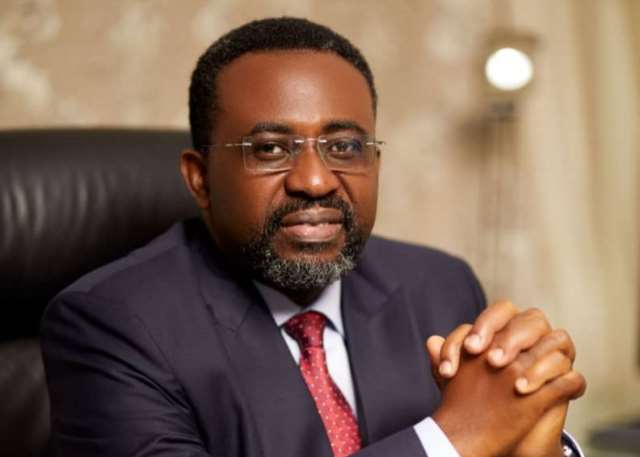Governor of the Bank of Ghana, Dr. Johnson Asiama, has issued a strong call for urgent global cooperation to address the growing debt crisis facing many African nations, warning that it threatens progress toward achieving the Sustainable Development Goals (SDGs).
Speaking at the 2025 African Consultative Group Meeting during the IMF/World Bank Spring Meetings, Dr. Asiama highlighted that nearly half of Sub-Saharan African countries were either in debt distress or at high risk by the end of 2024.
“Many African countries are contending with crippling debt service obligations, with about half of Sub-Saharan African countries at high risk of, or already in debt distress at the end of 2024. This severely constrains fiscal space for essential social and development spending, and hinders progress towards achieving the SDGs.
Most concerning is that per capita public expenditure on interest payments in Africa has surpassed spending on health and education, exacerbated by declining overseas development assistance,” he said.
Dr. Asiama urged the IMF to strengthen support for African countries by maintaining concessional lending facilities and replenishing emergency relief funds. He also called on the Fund to prioritize inclusive growth and integrate SDG-focused solutions into debt management strategies.
Dr. Asiama stressed the need for a reform of the debt sustainability framework to better reflect the unique vulnerabilities of developing economies, including climate risks.
“The IMF should ensure that the debt sustainability framework remains fit-for-purpose and effectively captures the unique vulnerabilities of developing countries, including climate-related debt risks and new debt instruments. Refining the IMF’s debt sustainability toolkit is critical in this regard,” he said.
Calling for more effective debt restructuring mechanisms, Dr. Asiama encouraged the IMF to lead a more comprehensive debt relief strategy. This includes streamlining the G20 Common Framework, ensuring transparency, and bringing private creditors to the negotiating table.
He further appealed for greater coordination among international financial institutions to align their support for developing countries, advocating innovative solutions such as blended finance and debt-for-climate or debt-for-SDG swaps.
“The path to sustainable development cannot be walked alone. It must be paved through genuine global partnerships and bold policy reforms.”
